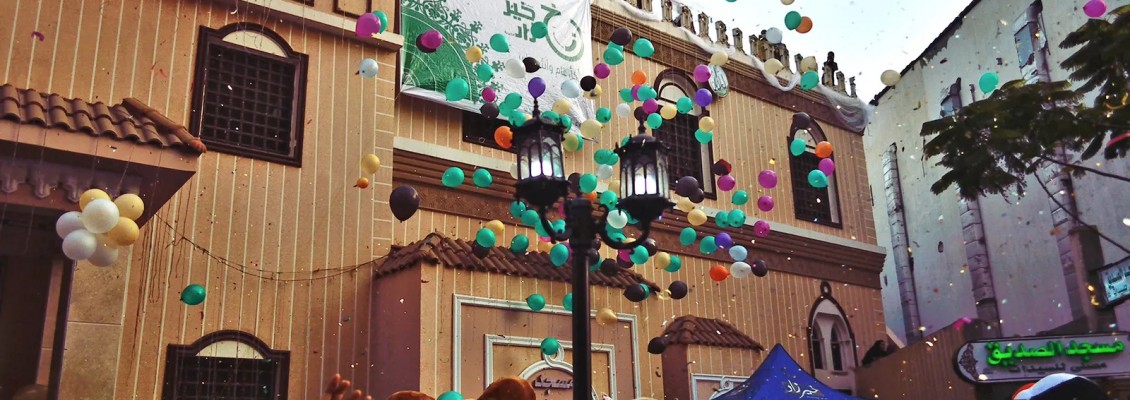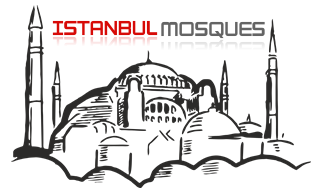
Eid al-Fitr, also known as the “Festival of Breaking the
Fast,” is one of the most important religious holidays celebrated by Muslims
worldwide. It marks the end of Ramadan, the holy month of fasting, prayer,
reflection, and community and lasts for three days. During Ramadan, Muslims
fast from dawn until sunset, abstaining from food, drink, smoking, and other
physical needs. Eid al-Fitr is a joyous occasion that commemorates the
completion of this month-long spiritual journey. This festival is called Eid al-Fitr
because a special kind of charitable donation is obligatory to be given before
the Ramadan and beginning of the feast.
The commencement of the festival begins with a communal
prayer held in mosques. A significant number of Muslims come together to participate
in a congregational prayer known as the “feast prayer.” The time for prayer is
scheduled and announced in advance and typically takes place between the end of
the morning prayer and the beginning of the noon prayer. People also enjoy
getting in touch and spending time with their families and fellow community
members during this time.
The festival of Eid al-Fitr is celebrated by Muslims
worldwide, with each culture adding its own unique traditions to the
festivities. For instance, in Turkish communities, it's common to specifically
prepare candies, chocolates, and baklava to offer to guests during the
festival. However, the overarching tradition across many Muslim communities
involves the preparation of sweet dishes. This tradition most likely can be
traced back to Prophet Muhammad (Peace be upon him) who would eat a date before
going to the Eid prayer.
Eid al-Fitr is a time when people pay special attention to
their appearance and surroundings, wearing their finest attire and cleaning
their houses where they host people to mark the occasion. It's a festival
characterized by vibrant colors and beautiful garments as individuals aim to
look their best. It is reported that Prophet Muhammad himself emphasized the
importance of personal grooming and cleanliness, especially on special
occasions like Eid al-Fitr. He would wear clean and elegant clothes and apply
perfume to smell pleasant. This practice of dressing well and using fragrance
is not only a reflection of personal hygiene but also carries spiritual
significance, as it demonstrates respect for oneself and for the occasion of
Eid. Additionally, Prophet Muhammad's example serves as guidance for Muslims to
present themselves in the best possible manner when celebrating festivals,
embodying dignity, grace, and humility.
Moreover, Eid is a time of social connection and reunion,
where people visit their parents, relatives, and friends, as well as extend
hospitality to others. This emphasis on visiting loved ones fosters a profound
sense of community and joy, with households bustling with warmth and
hospitality. From exchanging greetings and gifts to sharing delicious meals,
the spirit of celebration is palpable. Indeed, Eid represents the pinnacle of
communal enjoyment and togetherness, where bonds are strengthened and memories
are made. Prophet Muhammad and his community would celebrate all together,
hugging each other and shaking hands and saying “May Allah accept (this
worship) from us and from you”.
Eid al-Fitr is a time of joy, unity, and spiritual
renewal for Muslims around the world. Through fasting, prayer, and acts of
charity during Ramadan, Muslims deepen their connection with Allah and emerge
from the holy month with a renewed sense of purpose and devotion. Eid al-Fitr
encapsulates the culmination of this spiritual journey, marked by communal
prayers, joyful gatherings with loved ones, and the exchange of gifts and
greetings. It is a time when the bonds of Islamic brotherhood are strengthened,
and the virtues of compassion, generosity, and gratitude are celebrated.

Leave a Comment